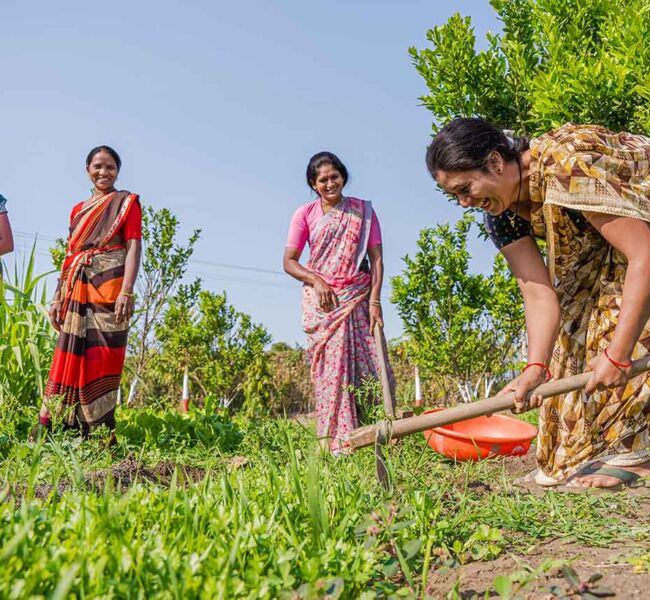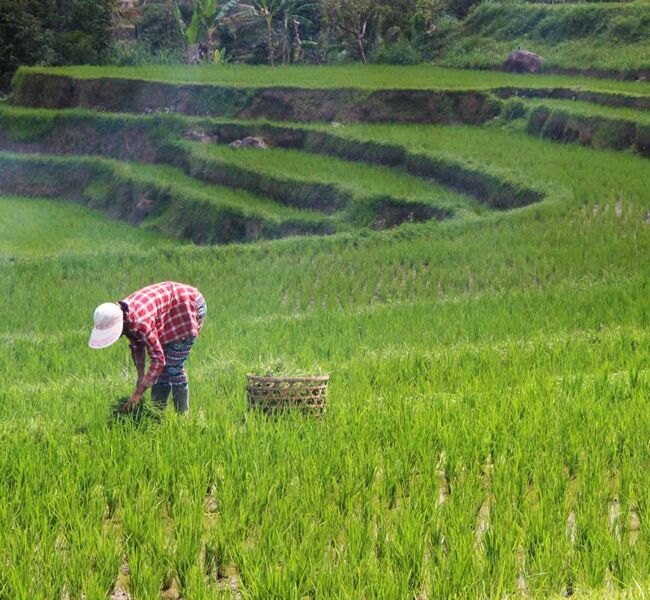2023 was a challenging year for the agricultural industry. Stringent government policies and the adverse effects of climate change implicated numerous stakeholders across the global supply chain, with smallholder farmers bearing the brunt of these issues. This year, existing issues like the ageing farming population and the lack of representation of the Asian farmer’s voice in regulatory preparedness and compliance could complicate ongoing efforts of transitioning to greener farming or even impede sustainable business growth. The landscape and issues are complex, how can effective communications strategies help agriculture businesses communicate their stories amidst the challenges and scrutiny in the year ahead?
Our Managing Director, Emma Jenkins-Lee, recently moderated a fireside chat hosted by WOMAG (Women in Agribusiness Asia), “From the Farm to the Boardroom: Leadership in a changing world”. Here are our key takeaways from the discussion:
The need for transparency and trust
Collaboration between the public and private sectors is crucial to ensure that the needs of smallholder farmers are accounted for as the industry transitions towards more sustainable farming. Facilitating transparent and robust dialogues centred on fair transition and adoption strategies will ensure that businesses can accurately identify the support that farmers need throughout these processes. In addition, communicators will need to work with relevant stakeholders to communicate the narrative of the complexity of the transition and dispel assumptions or baseless claims surrounding sustainability initiatives. This can help build greater trust between the relevant stakeholders across the agriculture sector in an era where sustainability narratives are often oversimplified.
Raising awareness about the experiences of Asian farmers
Spotlighting the unique stories of Asian smallholder farmers can help challenge existing assumptions surrounding them in other regions. This serves to drive greater awareness on the types of obstacles they face by creating opportunities for farmers to bring their stories to the fore and build greater understanding as stakeholders work together to shift towards more sustainable farming.
Encouraging active engagement among farmers
Communicators play an instrumental role in translating the business objectives of agriculture companies into messages that can resonate with farmers. These messages can take the form of explaining the business’ efforts in addressing escalating production costs or initiatives aimed at supporting farmers to future-proof the agricultural industry. Communicating in a language that farmers can understand and relate to will aid in building greater trust between the public and private sectors and farmers. What’s more, these narratives can help encourage the participation of a younger farming generation as the industry works towards modernisation and seeks to professionalise its reputation.
From understanding the issues and complexity of sustainable agriculture and emerging farming practices to building trust with stakeholders, our expertise as communicators in the agriculture industry ensures that clients receive strategic communications advice to deliver nuanced storytelling to engage multilateral stakeholders in a highly complex industry. Get in touch with us at hello@spurwingcomms.com to find out how we can support your business objectives while navigating the complexities of agriculture communications.





